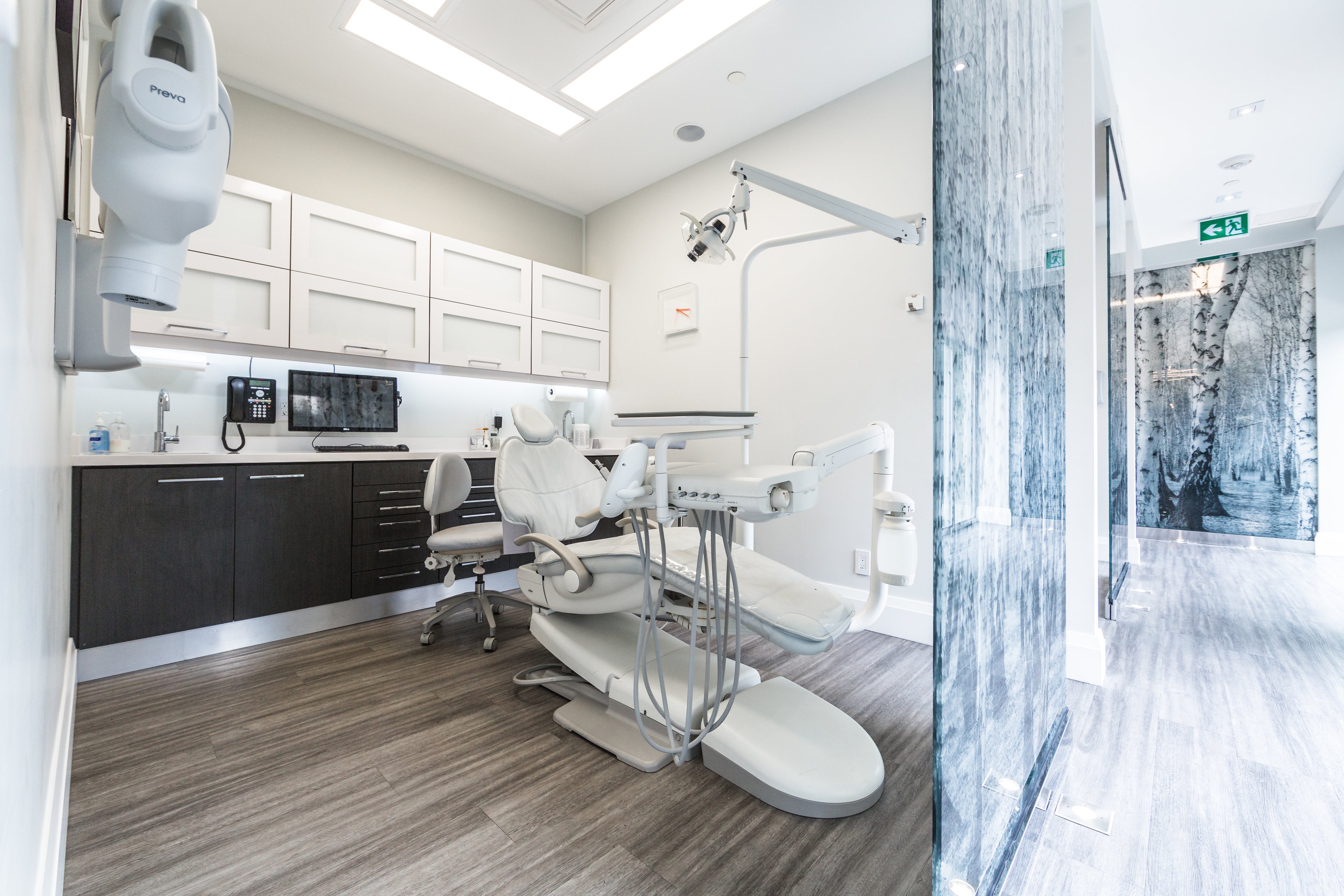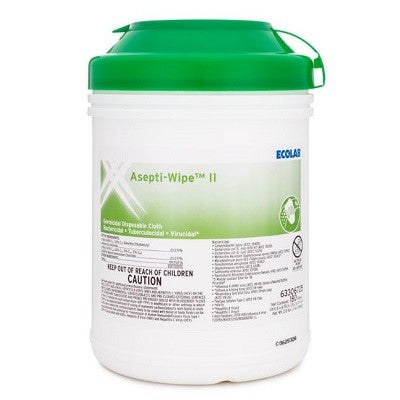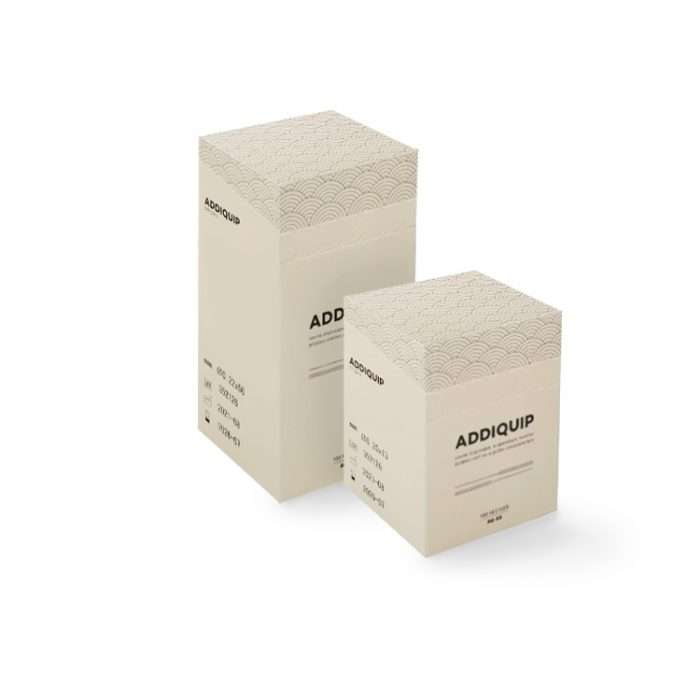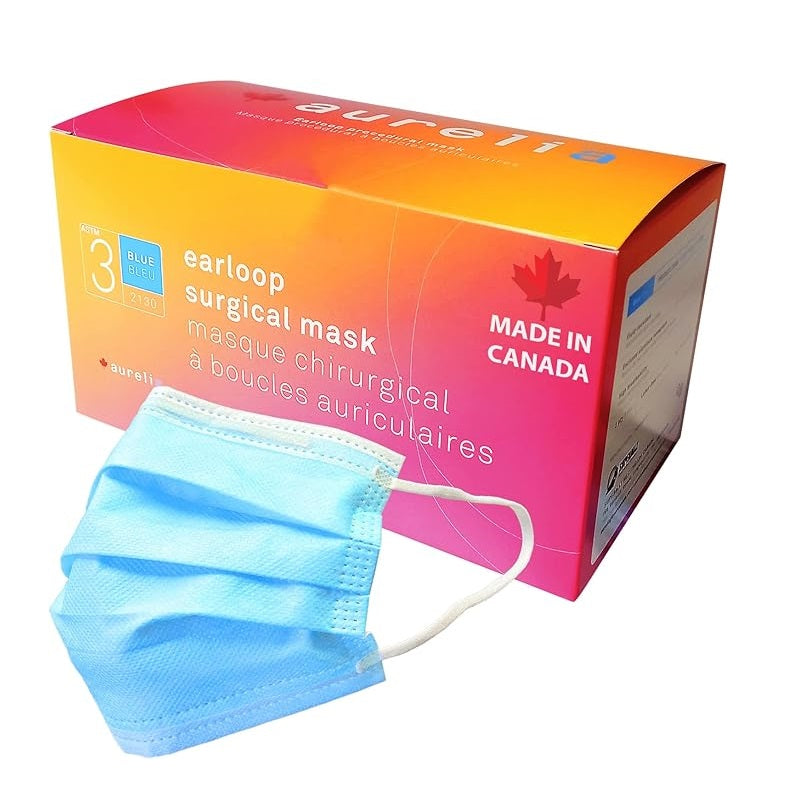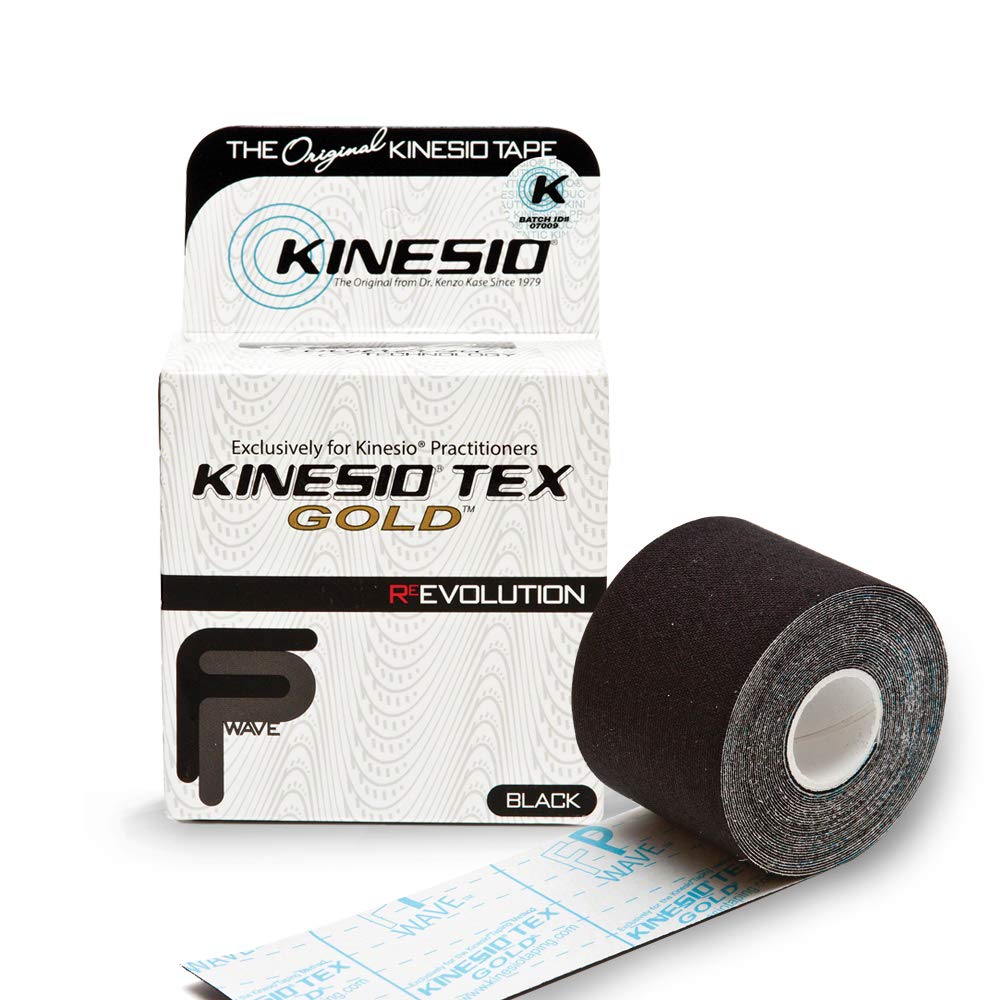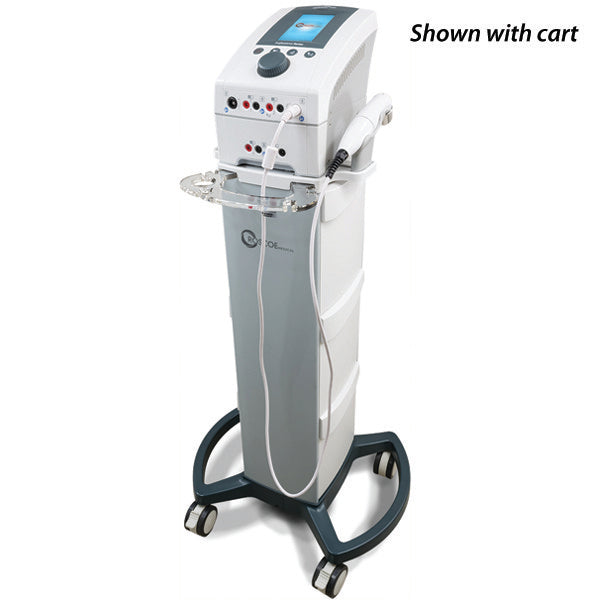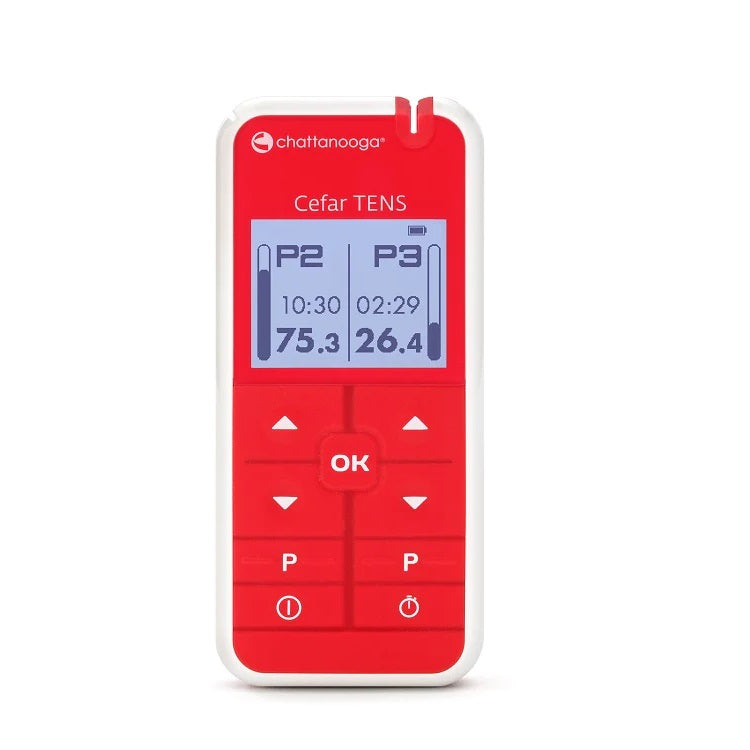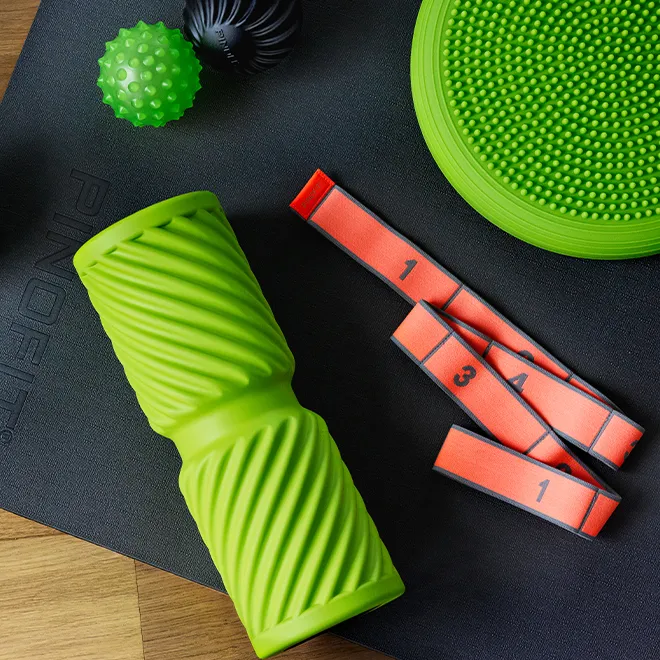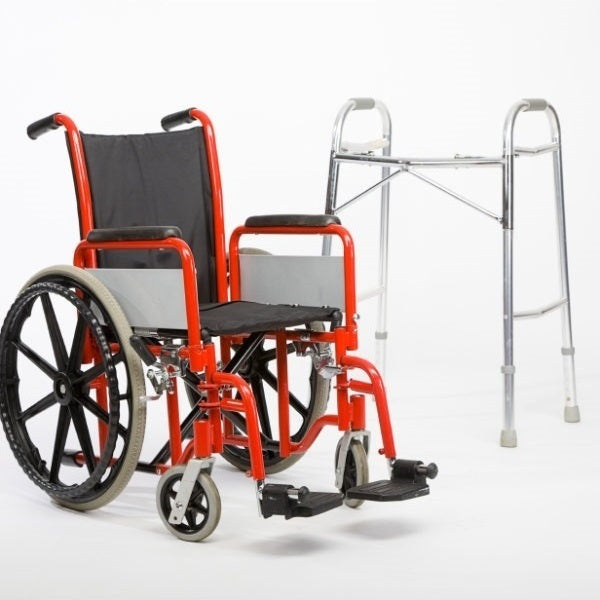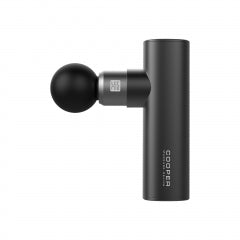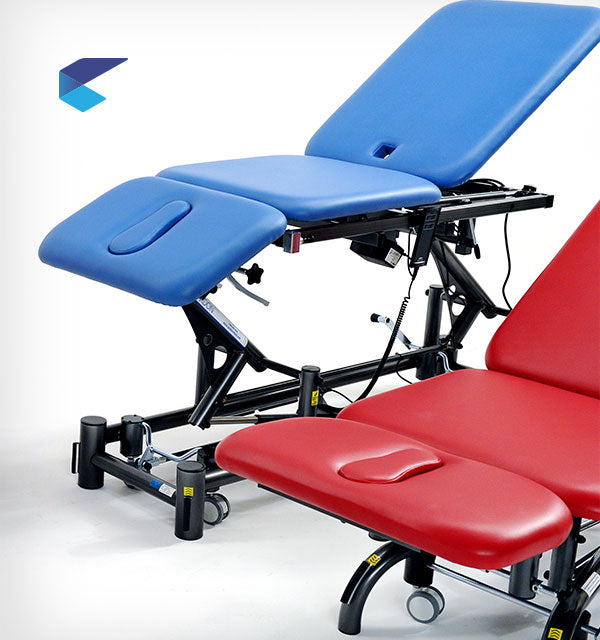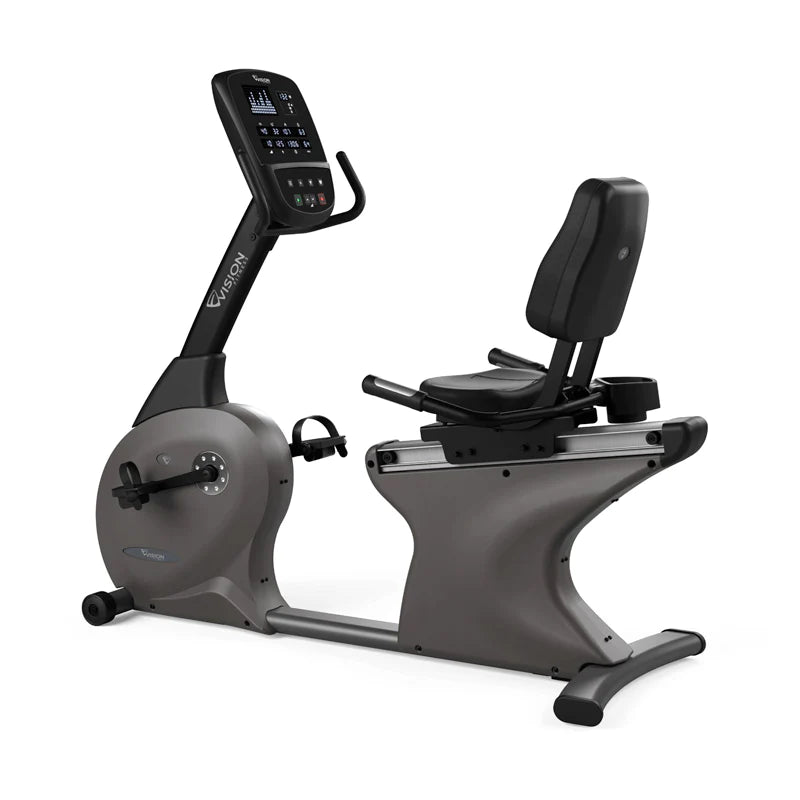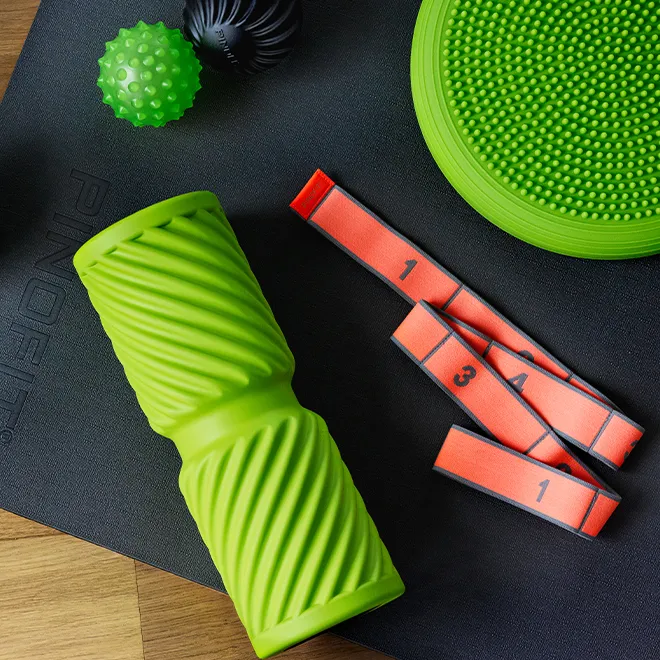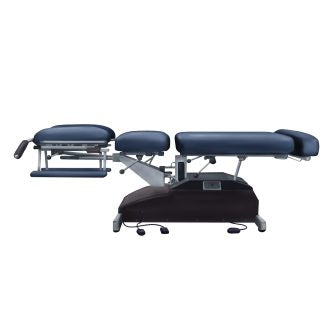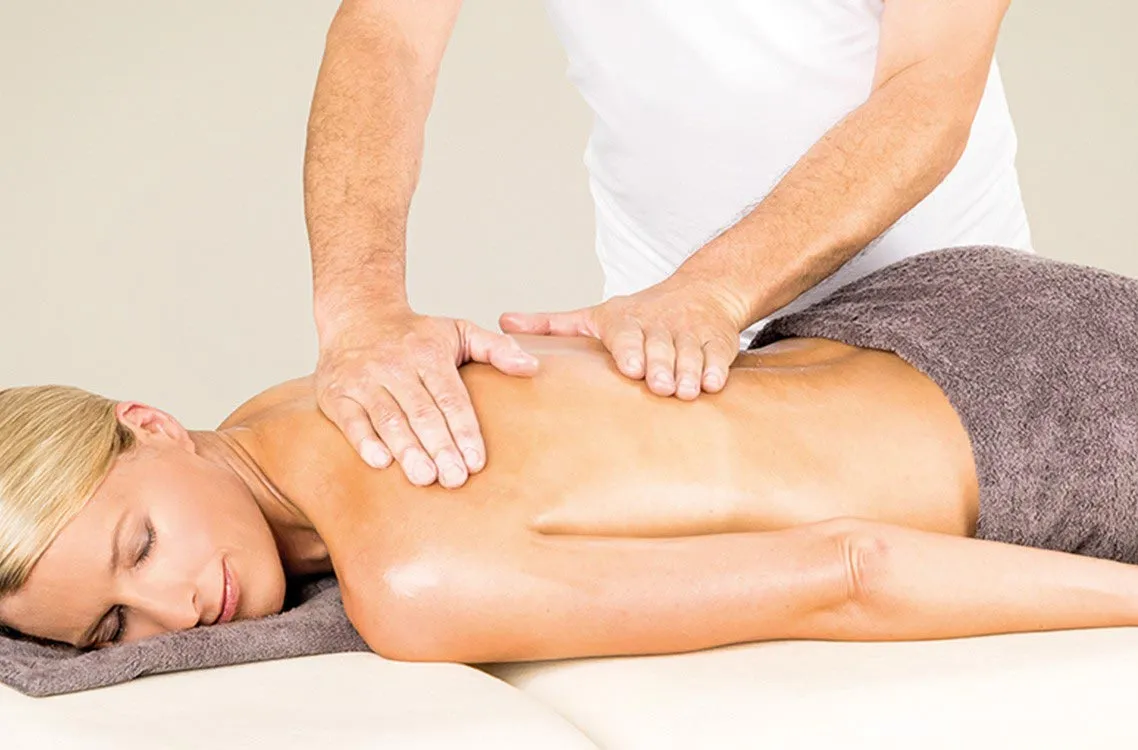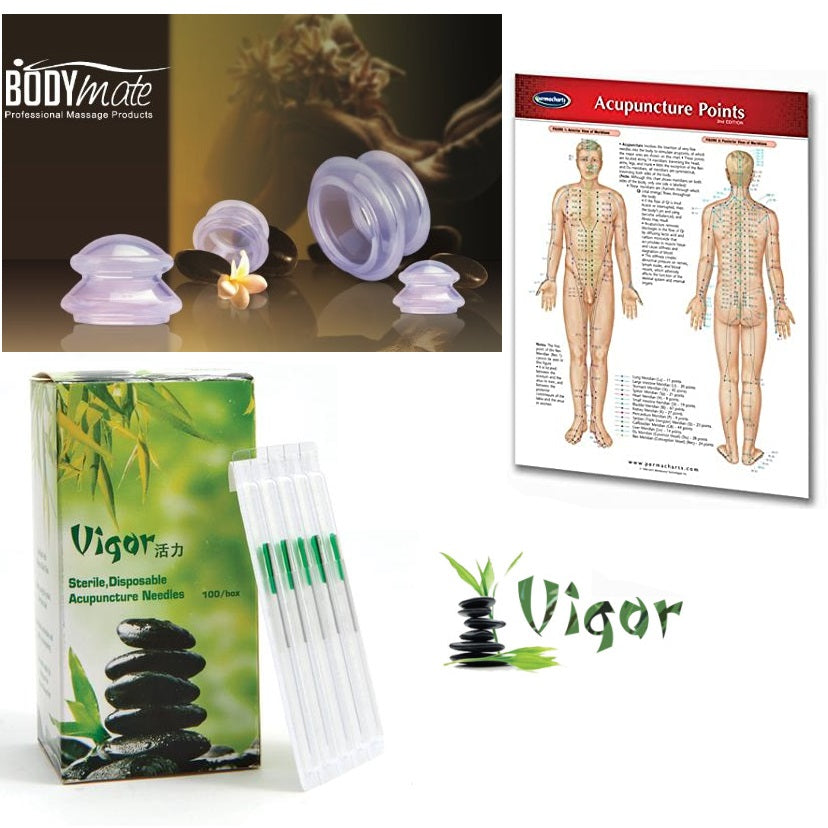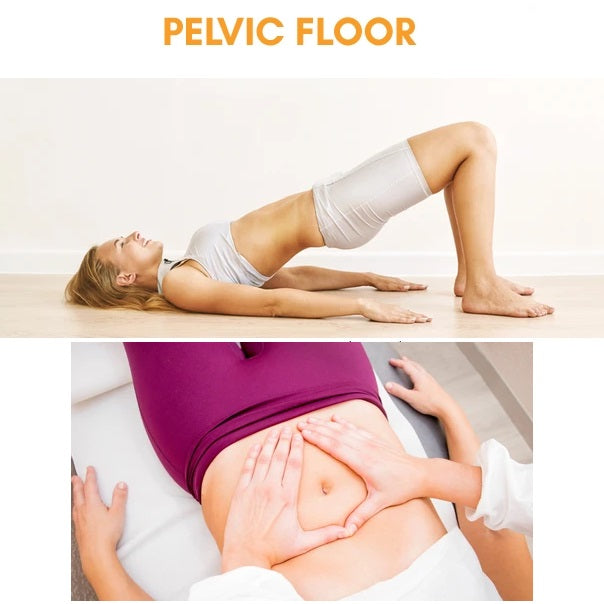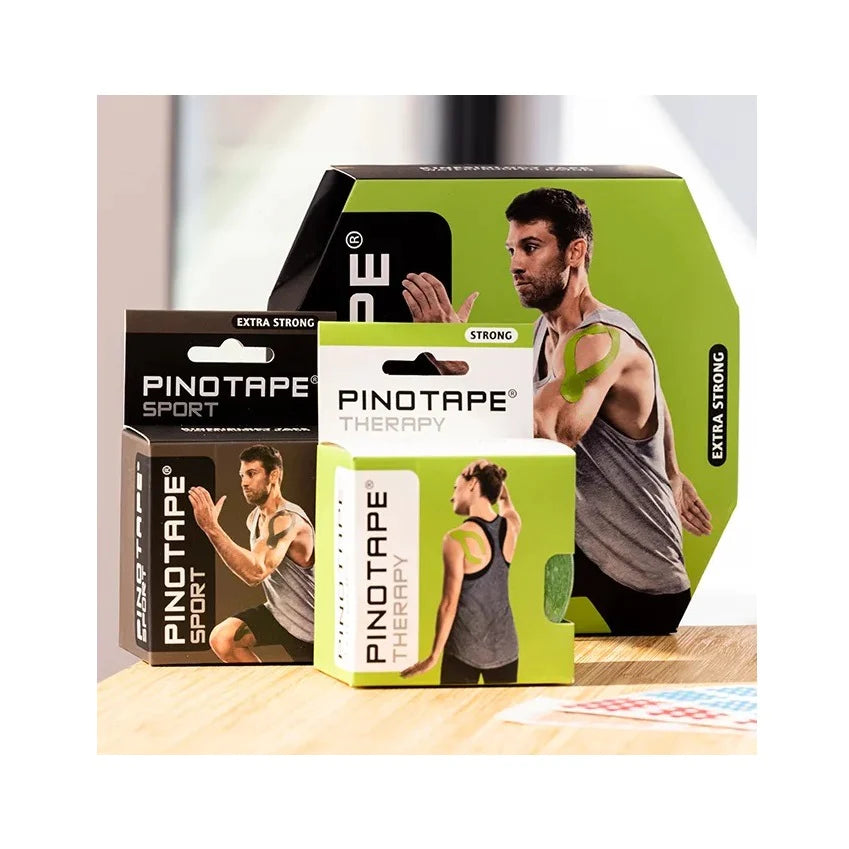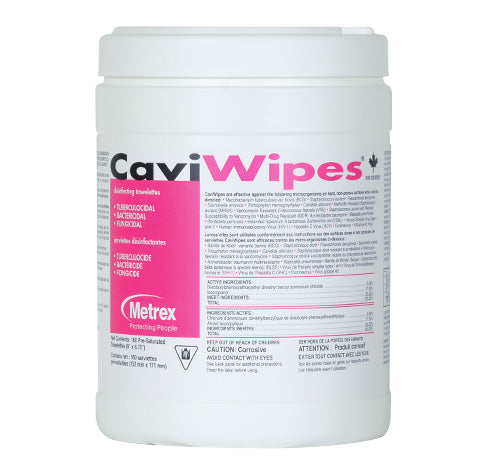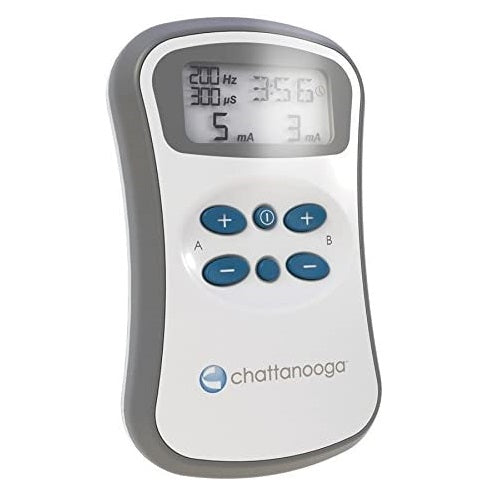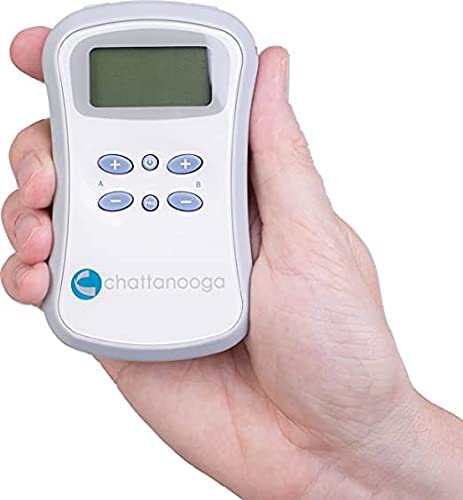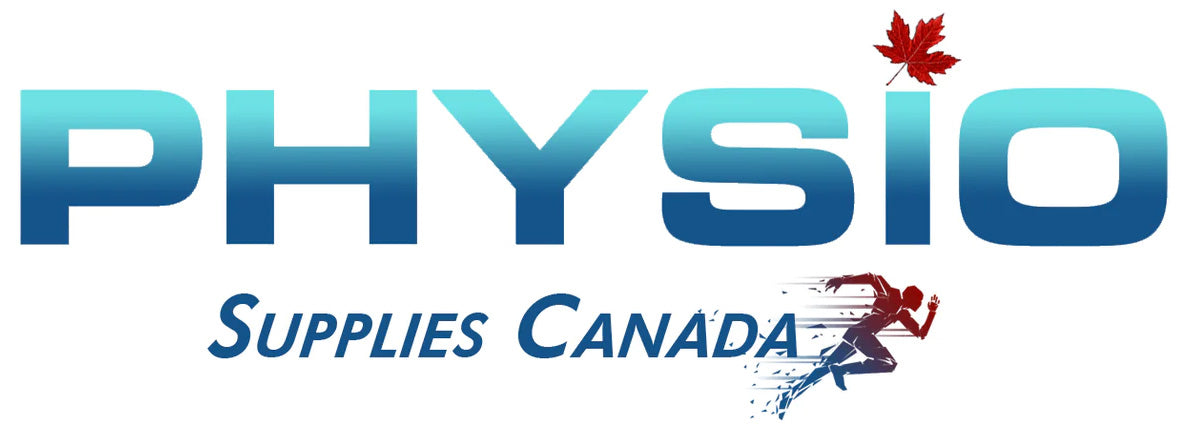PRIMERA TENS/NMES UNIT WITH HAN WAVEFORM provides pain relief in two ways: The gate control mechanism and endorphin release. When the body is injured, pain signals are delivered to the brain through the nervous system. That tells your body that you’re hurting. Primera sends tiny pulses over the skin through the nerves to the spinal chord and brain (gate control mechanism). Along the transmission there are many areas referred to as “gates”. The gates determine which pulses can continue to the brain. The gates regulate how quickly the information is delivered to the brain. Since the same nerve cannot carry a pain and a non-pain impulse at the same time, the stronger, non-pain impulse from the Primera device “controls the gate”, relieving pain.
WHAT’S IN THE BOX:
Primera Unit Carrying Case 9-Volt Battery Leadwires (2) Electrodes (2 packages of 4 electrodes) Electrode Positioner Belt for the back User Manual
WHAT IS TENS?
TENS (Transcutaneous Electrical Nerve Stimulation) is used to ease pain (acute or chronic). Through a TENS device, tiny electronic pulses are delivered through the surface of the skin and along the nerve strands. Think of TENS as a pain blocker. The stimulating pulses prevent signals of pain to be delivered to the brain. TENS machines also help the body produce high levels of endorphins, which are the body’s natural pain fighting mechanism
WHAT IS NMES?
NMES (Neuromuscular Electrical Stimulation) is a non-invasive, non-addictive means of muscle rehabilitation after injury, surgery or disease. Electrodes are placed on the skin over selected muscle groups. Through electrical stimulation, the muscles contract, reducing pains associated with orthopedic and neurological diagnoses.
HOW TO USE THE PRIMERA TENS/NMES DEVICE
Please read your device user’s manual before use.
1. Insert the batteries into the device.
2. Connect the lead wires to the electrodes.
3. Apply electrodes to the treatment site.
a. Wash and dry the skin area where you will apply the electrodes.
b. The device instruction manual contains electrode placement guides.
4. Insert the lead wires into the ports on the device.
6. Press the PRG (Program) button to select the treatment program.
a. P01-P07 or HAN for preset TENS programs.
b. P08-P13 for present NMES programs.
c. The summary of the programs can be found in the instruction manual.
7. Adjust the intensity to the desired levels by pressing the + and – buttons for Channel A and Channel B.
8. When the treatment session is complete, press the power button to turn the device off.
PROGRAM DESCIPTION
|
Program Number |
Description |
Rate (Hz) |
Pulse Width (mS) |
Work Time (s) |
Rest Time (s) |
Program Time |
| TENS |
P01 |
CON |
80 |
200 |
n/a |
n/a |
1 hour |
| P02 |
CON |
150 |
175 |
n/a |
n/a |
20 min |
| P03 |
CON |
2 |
175 |
n/a |
n/a |
20 min |
| P04 |
BST |
150 |
200 |
n/a |
n/a |
1 hour |
| P05 |
BST |
150 |
175 |
n/a |
n/a |
1 hour |
| P06 |
MOD |
100/65 |
200/100 |
n/a |
n/a |
1 hour |
| P07 |
MOD |
65/100 |
200/100 |
n/a |
n/a |
1 hour |
| HAN |
HAN |
2/70 |
250/150 |
n/a |
n/a |
30 min |
| NMES |
P08 |
NMES |
12 |
200 |
5 |
5 |
15 min |
| P09 |
NMES |
35 |
250 |
8 |
8 |
15 min |
| P10 |
NMES |
12 |
200 |
5 |
10 |
15 min |
| P11 |
NMES |
35 |
200 |
6 |
12 |
15 min |
| P12 |
NMES |
12 |
250 |
5 |
15 |
15 min |
| P13 |
NMES |
35 |
200 |
6 |
18 |
15 min |
The HAN Waveform A Brief History of TENS
- 1965 - Melzak and Wall “Gate Control Theory”
- 1970 - First High Frequency TENS devices marketed
- 1979 - Cheng and Pomeranz landmark study
- 1979 to 1991 - no significant findings addressing the basic techniques of low and high frequency in TENS
- 1991 - Dr. Ji Sheng Han at the Neuroscience Research Institute, Beijing Medical University in Beijing China
-
Extensive research into electro-acupuncture and the role of endogenous opioid peptides in pain control, found:
-
LOW frequency stimulation accelerates the release of two opitates in the brain to manage pain
-
Slightly HIGHER frequencies accelerate the release of a third opitate in the spinal cord, effectively reducing muscle spasm
-
Dense-and-Disperse (DD) modes of stimulation where 2 Hz is alternating with 15 or 70 Hz, each lasting for 3 seconds

